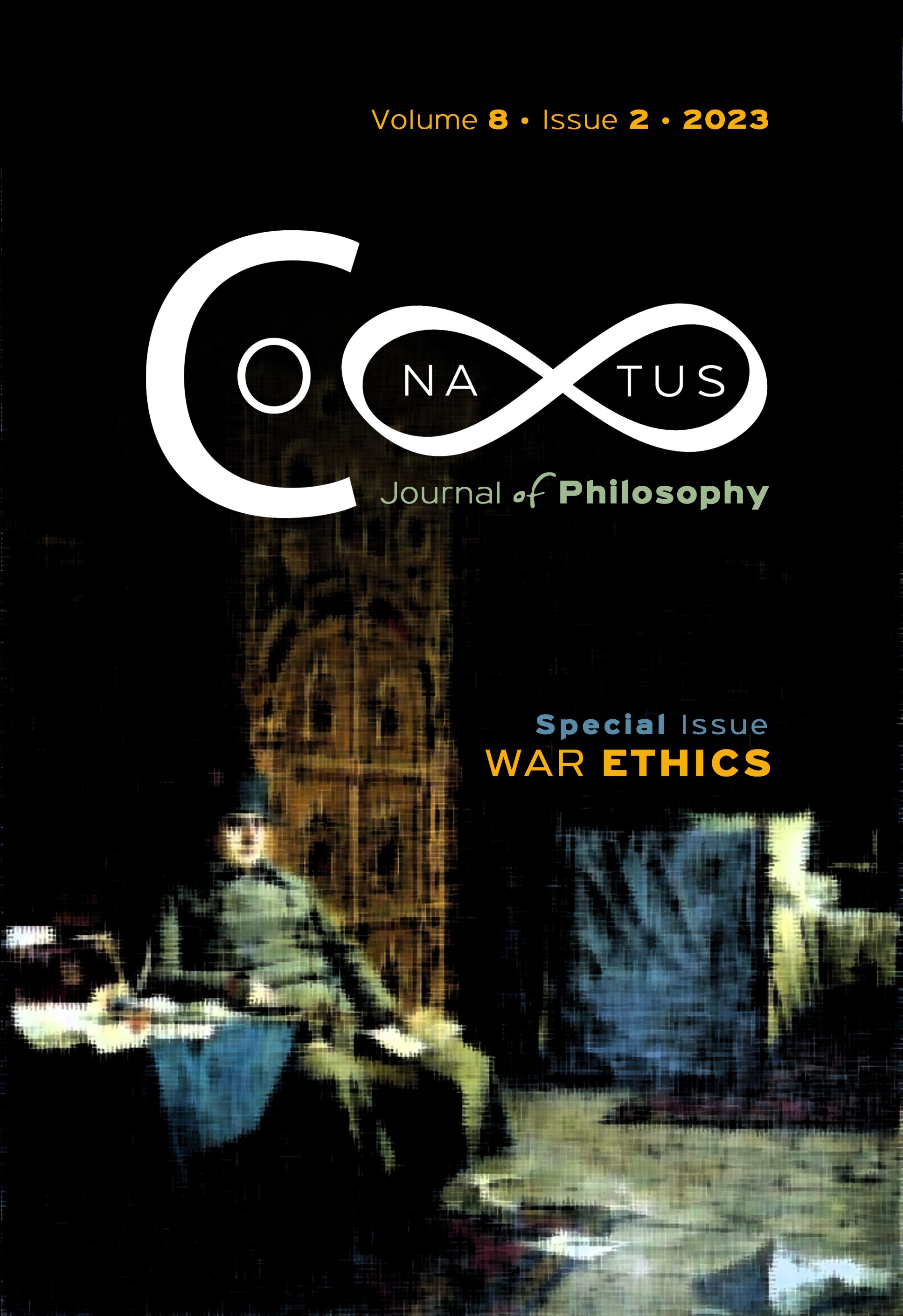Ethics of Conflict, Violence and Peace – Just War and a Feminist Ethic of Care

Abstract
This paper critically examines Just War Theory and its philosophical foundations, which are conventionally positioned in opposition to pacifism and nonviolent conflict. This paper, however, takes the view that both, Just War Theory as well as pacifism and nonviolent conflict, are equally necessary and complementary approaches to living with the possibilities and tragedies of the human condition. Its approach is grounded in feminist theory and methodology and their connections with Galtung’s models of violence and peace. The paper argues that the weaknesses of Just War Theory are intrinsic to the concept and its intent. The inherent contradiction of Just War Theory being that it intended to translate universal moral principles into reality, which makes them context dependent. Fundamentally, Just War Theory is derived from an ethic of justice ultimately centred on the right to use violence and kill. The right is conditional but means that a path to peace inevitably starts from death. An ethic of care is a philosophy where feminist thought meets pacifism and nonviolent conflict. It starts from the creation of life and charts paths to positive peace through the nurture of the conditions for lives in dignity. If we seek to contain the destructive and give space to the creative aspects of the human condition and understand its two extremes, life and death, in their relation to human agency, better we need to complement the traditional ethic of justice (of war and violence) with an ethic of care.
Article Details
- How to Cite
-
Ellner, A. (2023). Ethics of Conflict, Violence and Peace – Just War and a Feminist Ethic of Care. Conatus - Journal of Philosophy, 8(2), 147–173. https://doi.org/10.12681/cjp.35282
- Section
- Articles

This work is licensed under a Creative Commons Attribution-NonCommercial 4.0 International License.
Authors who publish with this journal agree to the following terms:
Authors retain copyright and grant the journal right of first publication with the work simultaneously licensed under a Creative Commons Attribution Non-Commercial International License (CC BY-NC 4.0) that allows others to share the work with an acknowledgement of the work's authorship and initial publication in this journal.
Authors are able to enter into separate, additional contractual arrangements for the non-exclusive distribution of the journal's published version of the work (e.g. post it to an institutional repository or publish it in a book), with an acknowledgement of its initial publication in this journal.
Authors are permitted and encouraged to post their work online (preferably in institutional repositories or on their website) prior to and during the submission process, as it can lead to productive exchanges, as well as earlier and greater citation of published work.





